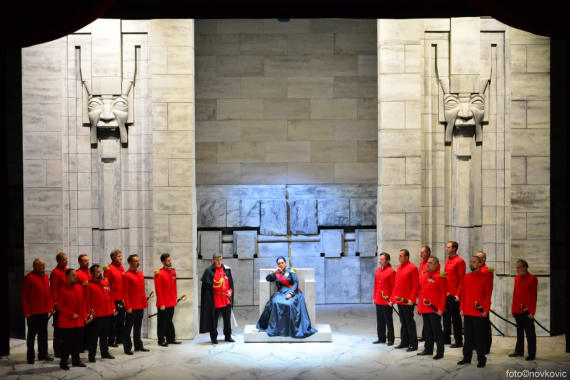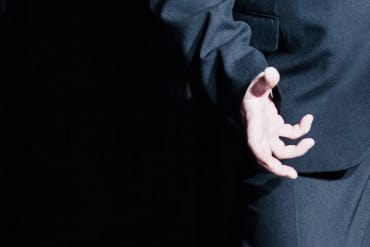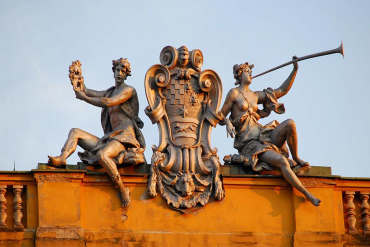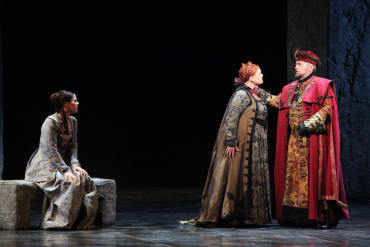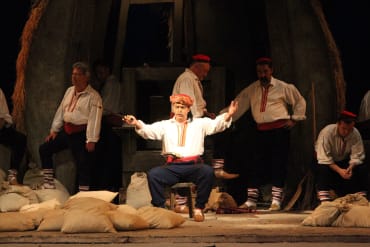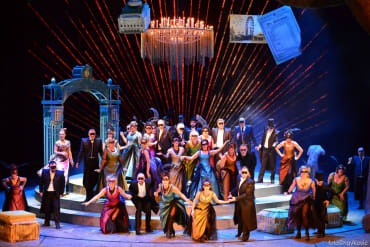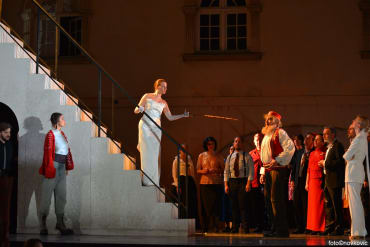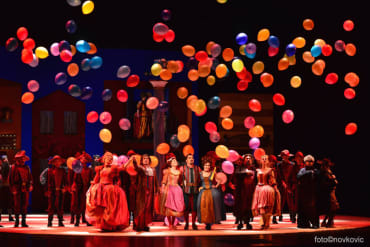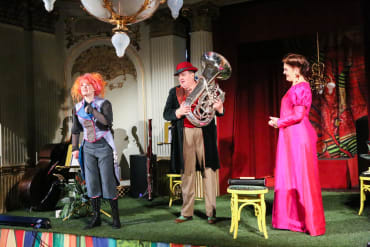NABUCCO
The four-act lyrical-drama opera Nabucco was composed by Giuseppe Verdi as his third opera in 1841 to the Italian libretto by Temistocle Solera after the drama Nabucodonosor of Auguste Anicet-Bourgeois and Francis Cornue from 1836 and the scenario of the ballet carrying the same title by Antonio Cortesi from 1838. The opera was first performed under the title Nabucodonosor in La Scala in Milan and its great success permanently established Verdi's reputation of a great opera composer. The theme of the opera is the burdensome history of the Jewish people whom the Babylonian king, conqueror Nebuchadnezzar II attacked, defeated and exiled from their homeland, although the historical events are used only as a background for a romantic and political plot. Verdi, as a great patriot was especially inspired by the scene in which the captured Jews, on the shores of Euphrates yearn for their far away homeland, so in one night he wrote the very famous choir aria Va, pensiero, sull'ali dorate / Hasten thoughts on golden wings that became the dramaturgical and music centre of the work. Soon after the world opening night, this chorus spread throughout the Italian streets and was sung as a revolutionary hymn. Today it is used in many opera houses around the world for encores.
Almost forty years after the last staging of Nabucco, the conductor of the new production on the stage of the Zagreb Opera is Pier Giorgio Morandi and the stage director Giancarlo del Monaco.





